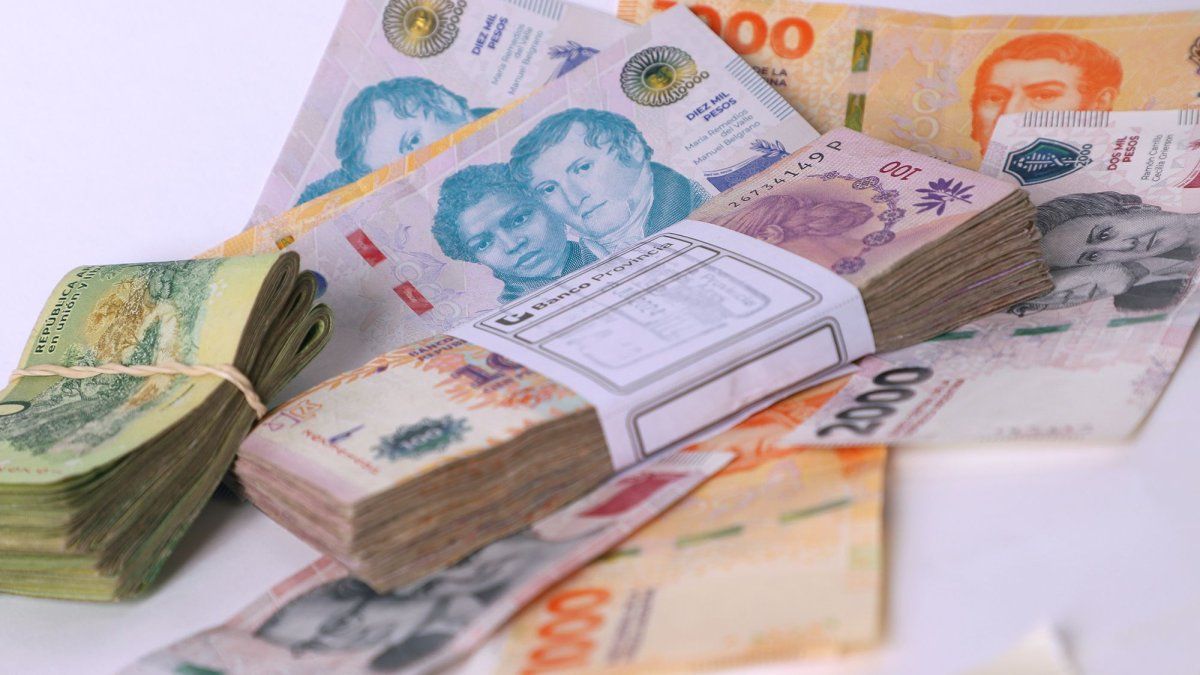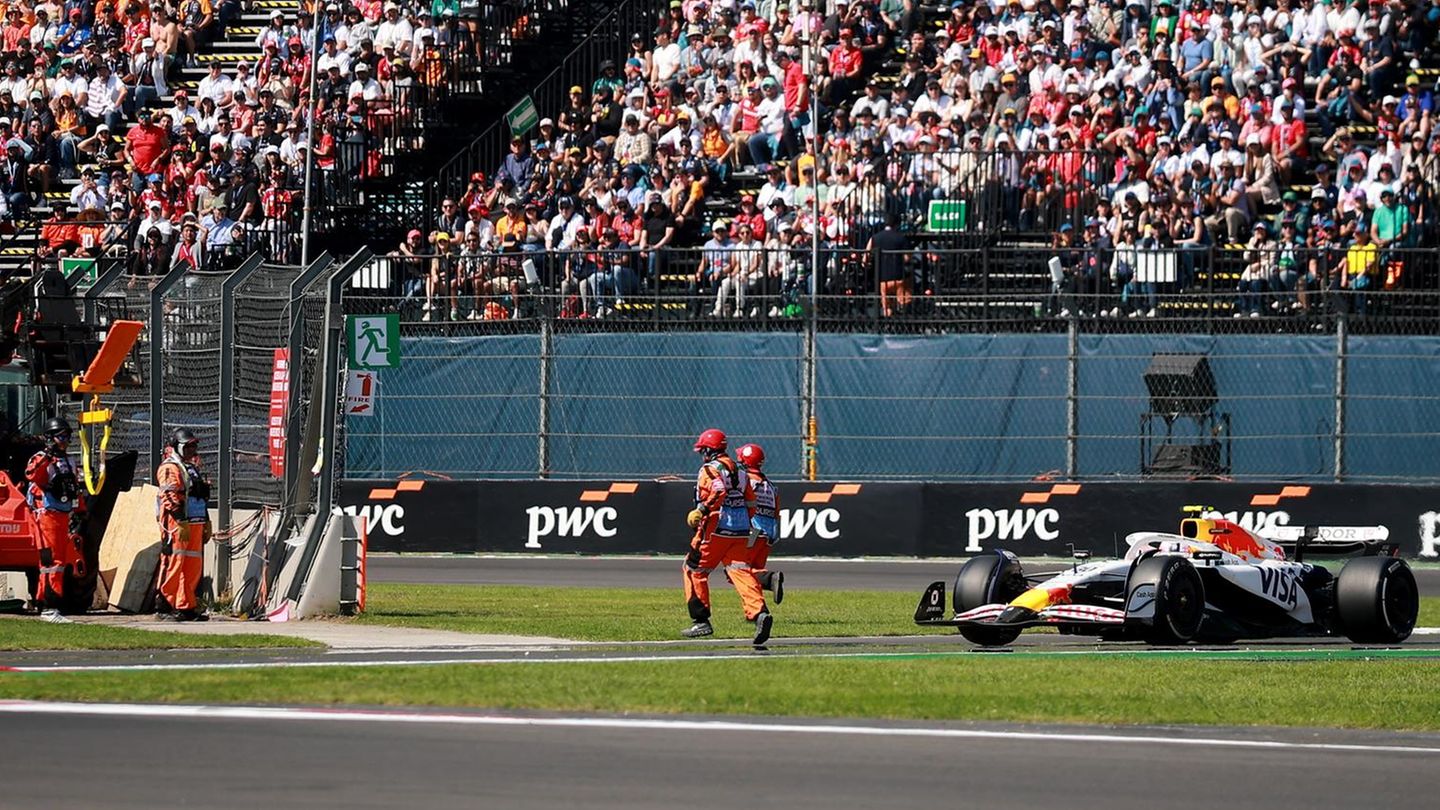While Chancellor Scholz looks at new technologies from around 4,000 companies at the Hanover Trade Fair, there is a tension between business and the government: the industry is demanding further reforms.
German industry sees Germany as a business location in danger and is calling for significant reforms. What the federal government has done so far is worthy of all honor – “but it’s just not enough,” said the President of the Federation of German Industries (BDI), Siegfried Russwurm, on Monday at the start of the Hanover Trade Fair. The decline in industrial production, which has been observed for years, cannot be stopped.
“We need competitive energy prices that can be planned in the long term,” demanded Russwurm of the traffic light government made up of the SPD, Greens and FDP. In addition, corporate taxes would have to be reduced.
Federal Chancellor Olaf Scholz had declared the evening before that wholesale prices for gas and electricity were now at pre-crisis levels or even lower. This is particularly true for energy-intensive companies. And the gap to energy prices in the USA and other energy-rich countries is now back to a level that companies “have had to deal with for years and decades,” said the SPD politician.
Industry expects further decline
However, in the opinion of the industry, the reforms introduced by the federal government, such as the Growth Promotion Act and the reduction in bureaucracy, are far from sufficient. This year, German industrial production will decline again, according to the BDI, by an estimated 1.5 percent compared to 2023. “Despite moderate recovery prospects, we must not deceive ourselves: Overall, production figures have been showing a worrying downward trend for years,” said Russwurm.
When asked why Scholz painted such a different picture than he did, Russwurm said: “The Chancellor describes the federal government’s input measures. But we as a company are used to seeing what comes out of it.”
The President of the Association of German Mechanical and Plant Engineering (VDMA), Karl Haeusgen, also called for more speed. “New investment projects are currently taking place mainly abroad, for example in the USA. If we do nothing to counteract this, this will lead to a continued weakening of our economy,” warned Haeusgen.
Demands on the Chancellor
With around 4,000 exhibitors from 60 countries and around 130,000 visitors, the Hannover Messe is a world-leading industrial show. The focus this year is on switching to more climate-friendly production. The hopes rest particularly on artificial intelligence (AI) and hydrogen as an energy source. On display are fuel cells for converting hydrogen into electricity and cable sheathing based on corn instead of plastic.
During a tour, Chancellor Scholz said that AI can now be found in even the smallest products. This also helps to use fewer resources. “Many of the things we saw today would have been science fiction if they had been introduced five years ago,” added the Prime Minister of the trade fair partner country Norway, Jonas Gahr Støre.
But the exhibitors also made demands on the Chancellor. The sensor manufacturer Pepperl and Fuchs emphasized that a sense of proportion is needed in the regulation of AI when it comes to non-personal data. The energy system provider GP Joule advocated establishing electrolysis for the production of hydrogen in Germany. Otherwise, the energy transition in this country will definitely be more expensive. The steel group Salzgitter, which wants to completely convert its production by 2033, is among those available as a buyer for green hydrogen.
A robot doesn’t listen to the chancellor
At the Siemens stand, the Chancellor also experienced that the interaction between humans and AI is sometimes still jerky. When asked to accelerate a robot gripper arm using voice control, Scholz said: “Can we make the pace faster? Faster. Even faster.” But at first it happened – nothing. Only after a few repetitions was the order implemented.
Siemens board member Cedrik Neike took it with humor. “It’s like in politics. It takes a little longer until it works, but when it works, it works properly,” said Neike.
Source: Stern




